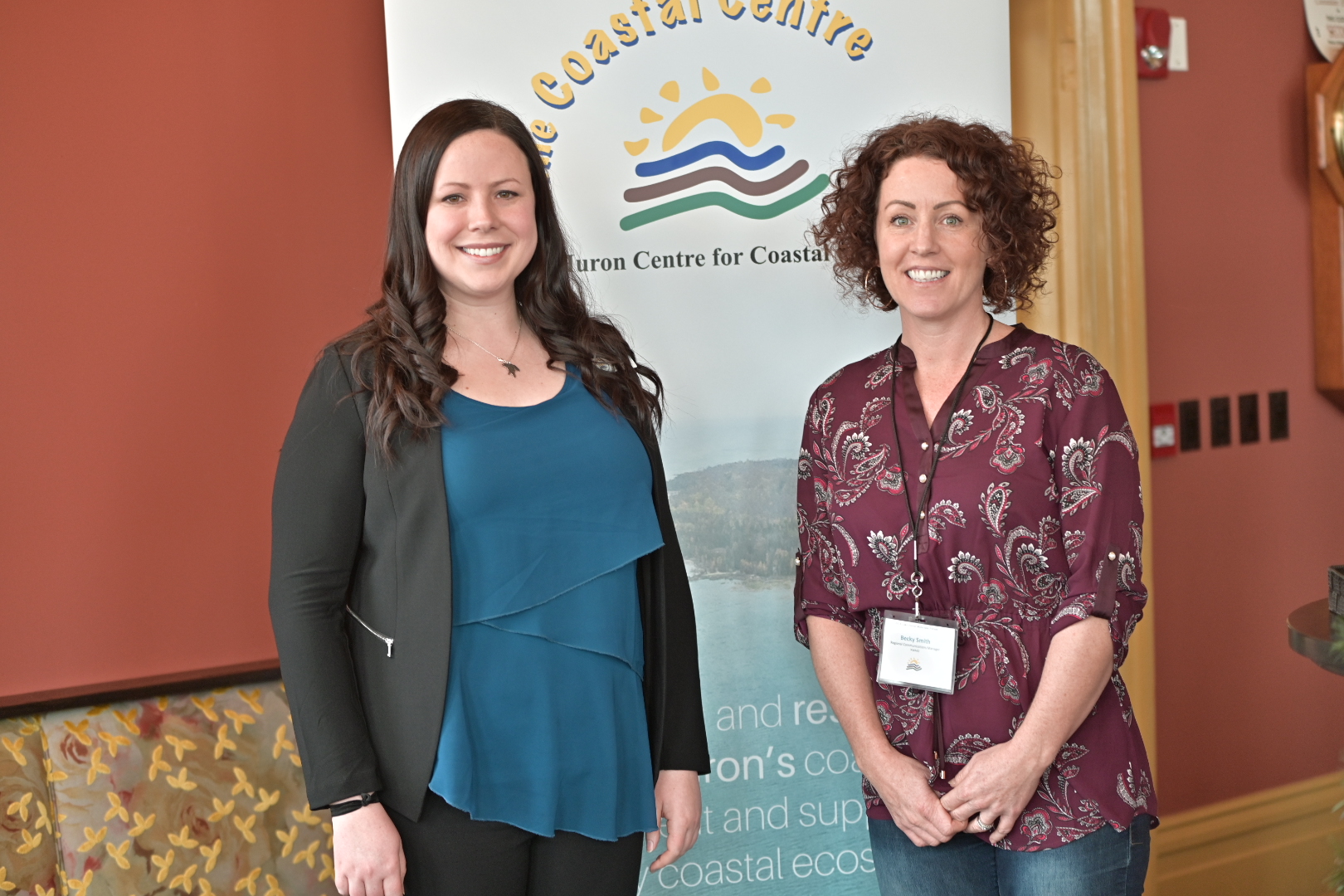The Lake Huron Centre for Coastal Conservation (LHCCC) recently held their 3rd Annual Municipal Forum that brought together municipal staff, council, First Nations and Metis to work together to address commons issues for coastal management. The Nuclear Waste Management Organization (NWMO) was a proud sponsor of the Municipal Forum.
“This important event would not be possible without our generous sponsors. Thank you to the Ontario Trillium Foundation, Bruce Power, and the Nuclear Waste Management Organization for their support,” says Erinn Lawrie, Executive Director of the LHCCC.
This year’s forum focused on three coastal ecosystem types: coastal forests, coastal wetlands, and river mouths. Daniela Klicper, Coastal Stewardship Coordinator (LHCCC) highlighted the Coastal centre’s work on their Coastal Action Plan. The Plan focuses on conservation and stewardship along the coastline of Lake Huron from Sarnia to Tobermory.
“We are so happy to support the Coastal Centre in their efforts to educate communities and landowners about effective coastal management. Their collaborative approach and engagement efforts are essential to reaching the grassroots and preserving the beautiful coastline along Lake Huron,” says Becky Smith, Regional Communications Manager for the NWMO.
“A key requirement of the NWMO’s Adaptive Phased Management program – Canada’s approach for the safe management of used nuclear fuel – is to protect people and the environment, and that includes the Great Lakes and other water sources,” added Smith.

